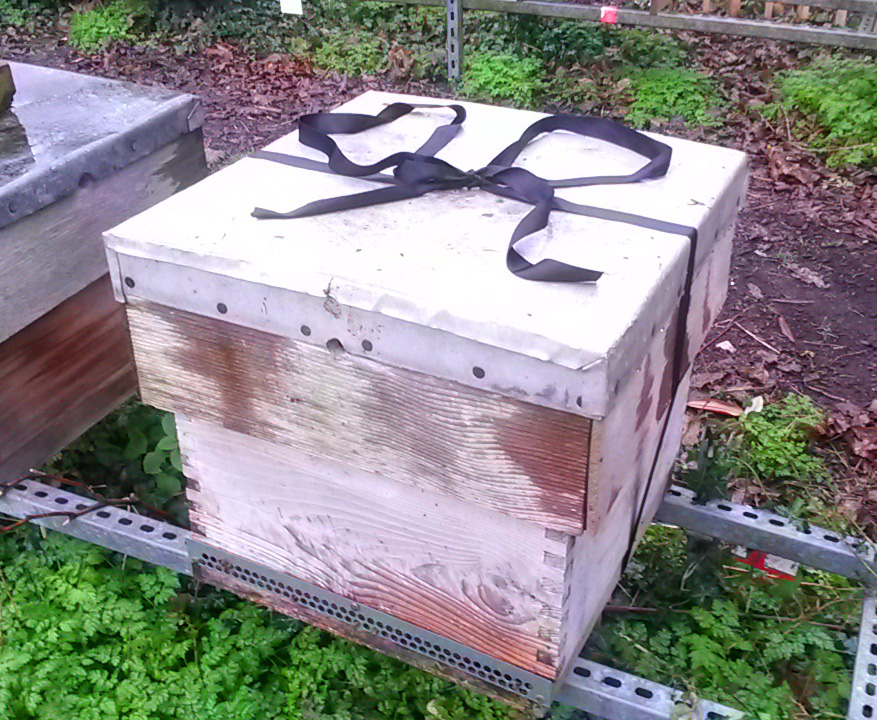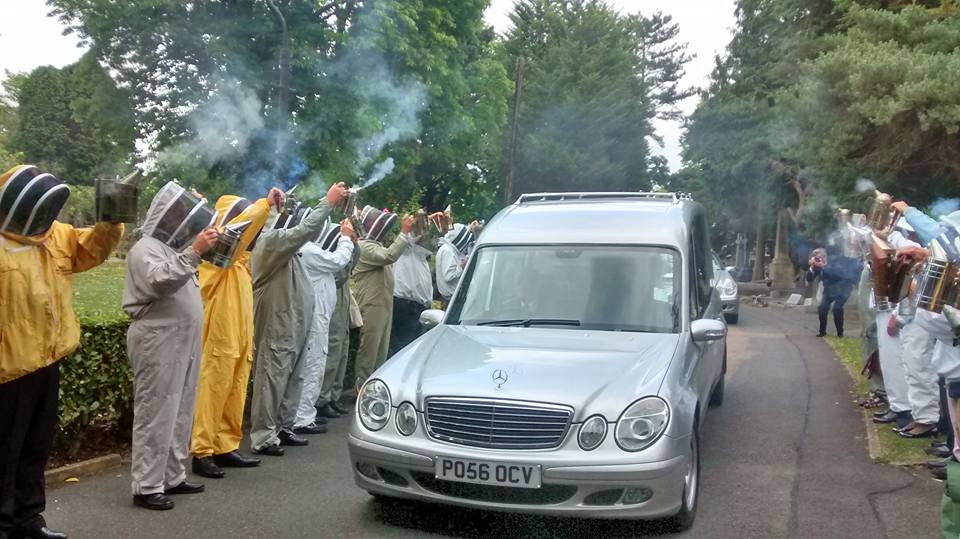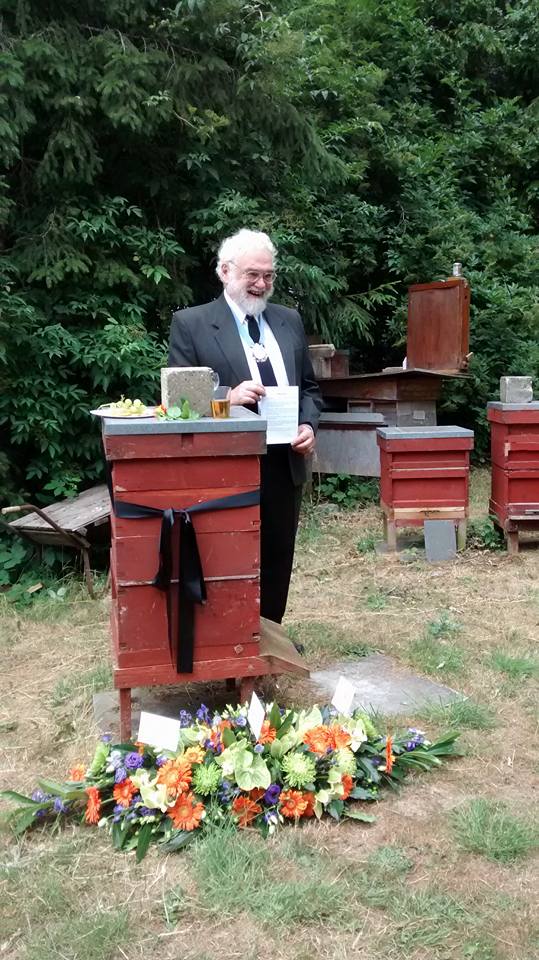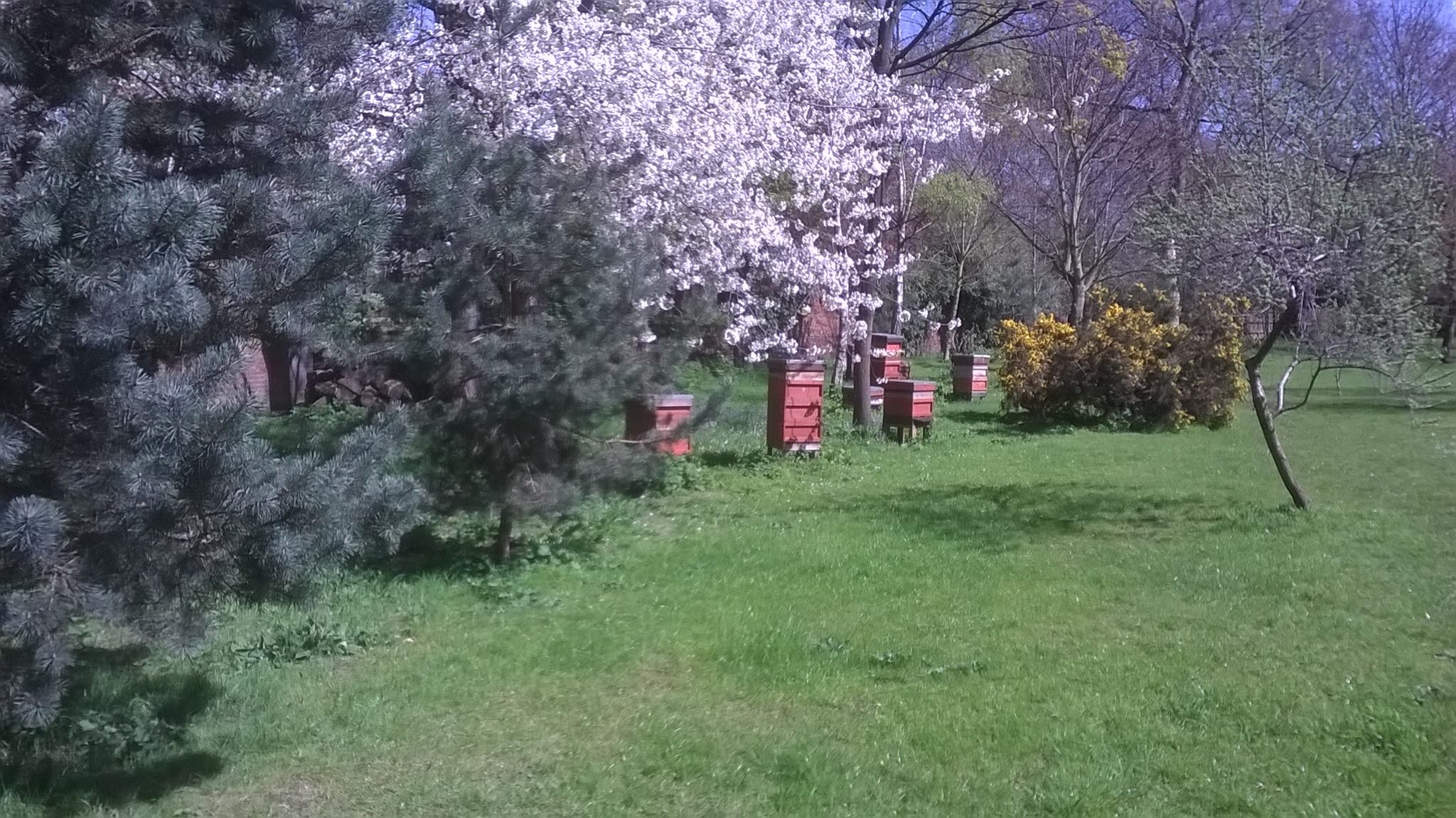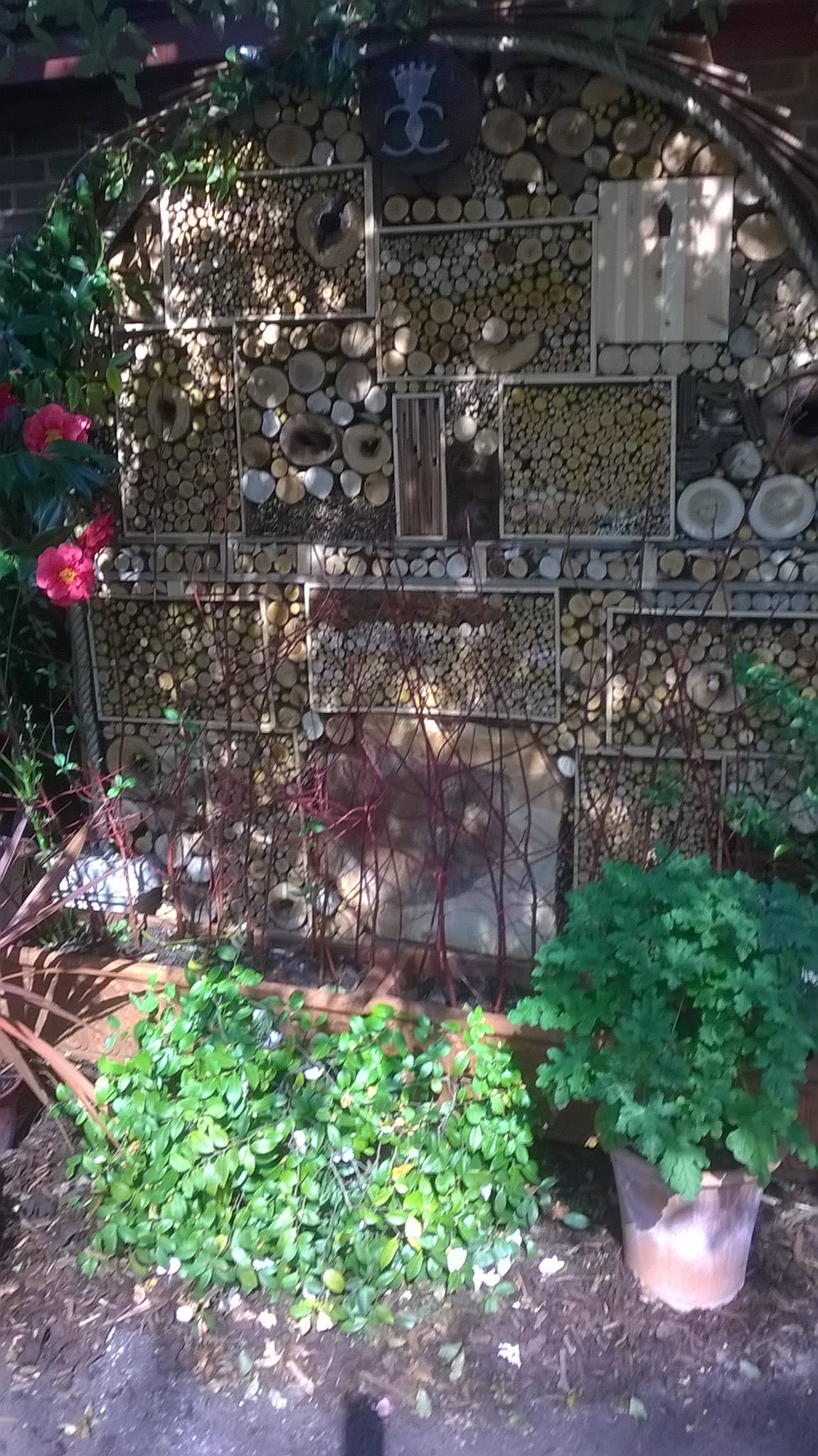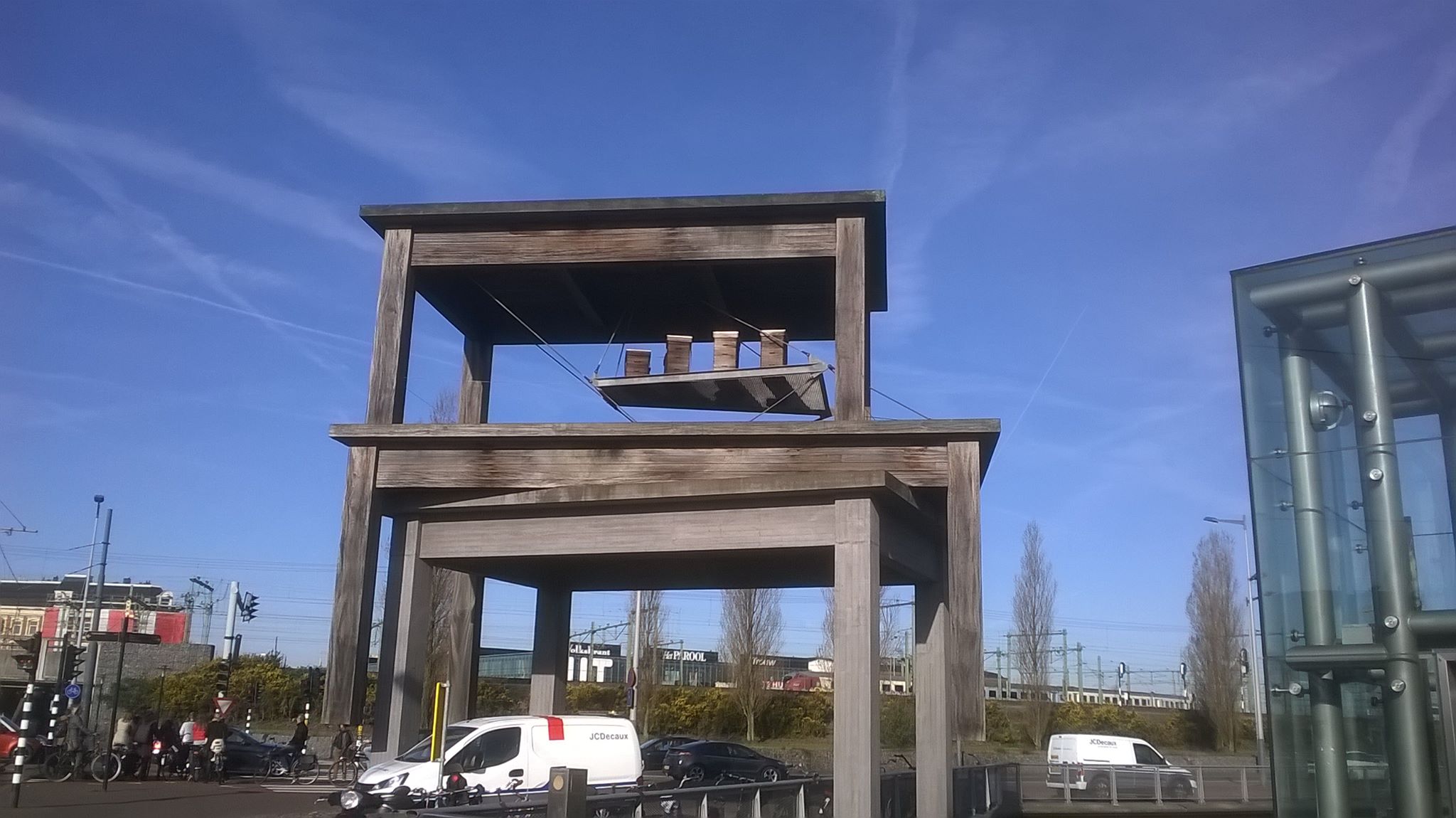A new study has linked the use of neonicotinoid insecticides (neonics) to the large-scale, long-term decline in wild bees across England.
The research spans the impact of neonics on 62 species of wild bees foraging on oilseed rape between 1994-2011. Researchers from the Centre for Ecology and Hydrology (CEH) used distribution data on wild bees, excluding honey and bumblebees collected by the bees, ants and wasps recording scheme.
Reporting on the study, BBC Environment correspondent Matt McGrath writes:
“The scientists attribute half of the total decline in wild bees to the use of these chemicals.
Industry sources say the study shows an association, not a cause and effect.”
He goes on to say about the study’s findings:
“There was a decline in the number of populations of 10%, attributable to neonicotinoids, across the 34 species that forage on oilseed rape. Five of the species showed declines of 20% or more, with the worst affected declining by 30%. Overall, half the total decline in wild bees could be linked to the chemicals.”
Dr Nick Isaac, a co-author of the new paper, says: “The negative effects that have been reported previously do scale up to long-term, large-scale multi-species impacts that are harmful. Neonicotinoids are harmful, we can be very confident about that and our mean correlation is three times more negative for foragers than for non-foragers.”
Lead author Dr Ben Woodcock from CEH says: “Historically, if you just have oilseed rape, many bees tend to benefit from that because it is this enormous foraging resource all over the countryside. But this co-relation study suggests that once its treated with neonicotinoids up to 85%, then they are starting to be exposed and it’s starting to have these detrimental impacts on them. What we can’t say is what these detrimental impacts are but what it does suggest is you can have these population declines and they can be big – I mean 30% is a big decline.”
The authors acknowledge that the research finds an association between the use of neonicotinoids and the decline of bee populations, and doesn’t prove a cause and effect.
Read more on the BBC news website.
Article sent to Ealing Bees by Andy Pedley.

